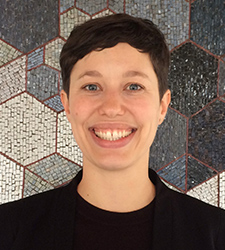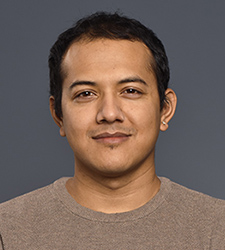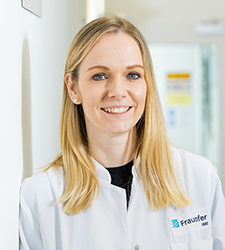20-22 May 2025
Congress Center Hamburg
Hamburg, Germany


20-22 May 2025
Congress Center Hamburg
Hamburg, Germany


| Afternoon Session: Fraunhofer ITMP & Revvity | |
| 13:00 | Depart CCH |
| 13:30 | Arrive at Revvity |
| 13:30 - 14:00 | Welcome Coffee Reception |
| 14:00 - 16:00 | Vendor Workshop and Tour |
| 16:00 | Depart |
Revvity Cellular Technologies
Schnackenburgallee 114
22525 Hamburg
Targeted protein degradation (TPD) is an approach to the selective removal of proteins that have been linked to human diseases, particularly proteins that were previously thought to be undruggable. This can be achieved by using the ubiquitin proteasome system (UPS) and exploiting the bioactivities of proteolysis targeting chimeras (PROTACs), molecular glues.
In this workshop, scientists from Fraunhofer and Revvity will provide insights into the process of rational molecular glue discovery and how they collaborated to develop in-vitro assays for identification, characterisation and validation of molecular glues and of TPD-based compounds. Attend for a deep dive into the instruments which have supported this research and to meet and discuss these findings with the experts.

Johanna Huchting has a background in synthetic organic chemistry and cell-based assays for drug discovery. In her current position at Fraunhofer Institute for Translational Medicine and Pharmacology ITMP Discovery Research ScreeningPort, Huchting’s s work focuses on new drug modalities in small molecules. She leads part of the PROXIDRUGS targeted protein degradation program, integrating innovative screening setups for molecular degrader discovery.

Reagon Karki is a data scientist who contributes to several European Union and German government funded projects. His core expertise and strengths are in the field of systems biology and chemoinformatics. Karki is very active in the area of TPD (especially PROTACs and molecular degraders) as he focuses in developing ML models for prediction and characterization of properties of PROTACs and their building blocks (i.e., warhead, linker and E3 binder).

Maria Kuzikov has a background in drug repurposing and antiviral research, currently focusing on systematic combination of scientific and technological disciplines for their use in investigating small molecules and new drug modalities such as PROTACs in disease-related models.